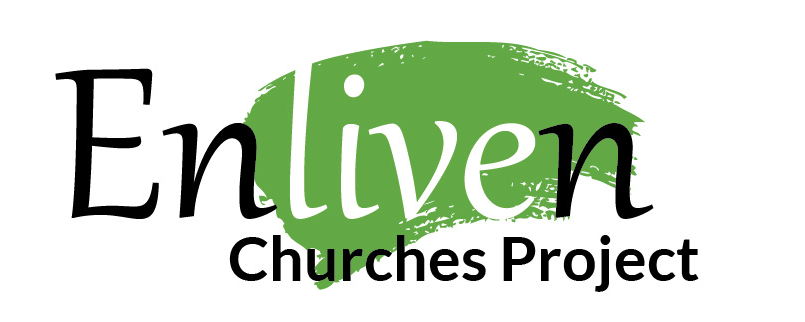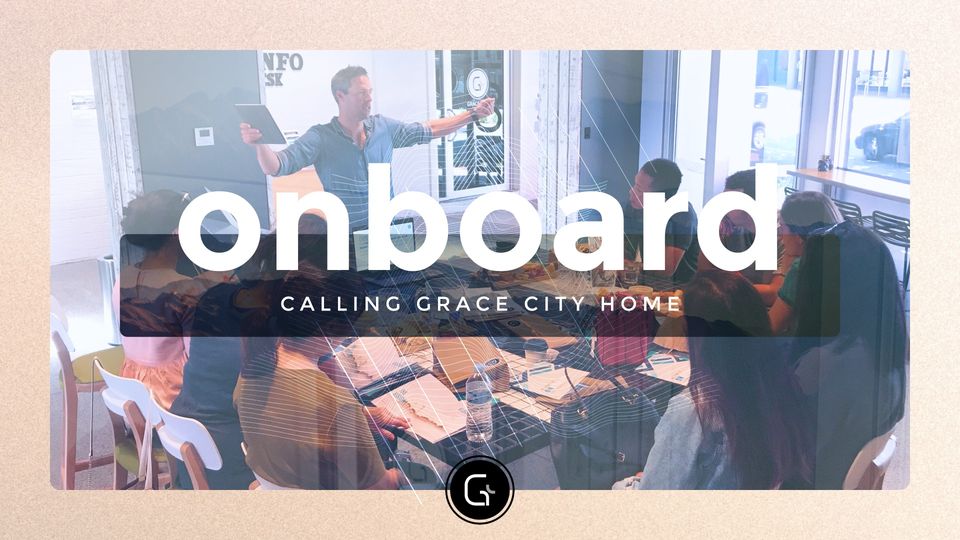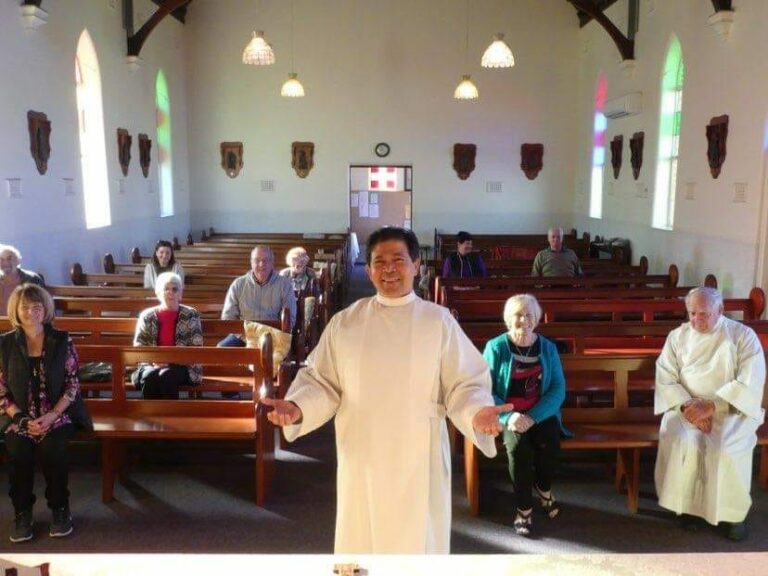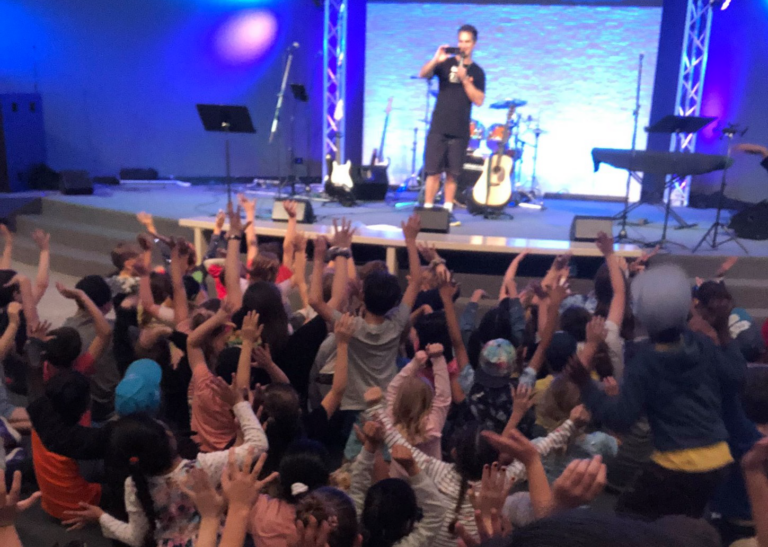Here’s an excerpt from our interview with Grace City, whose leader Tim Clemens and his team, build their health and vitality through strategic initiatives such as this.
Read the conversation below.
NCLS: What have you done, say, to help build a caring community? What have you done to help spiritual growth be nurtured? Some of those things.
TC: It’s an ecosystem, so I don’t think it’s any one thing. It’s the one thing in the context of the many things that end up creating this flourishing church, to use that word.
But I think if you want just the programmes, we are working on a pathway.
So for a non-Christian who comes along to church, we have a thing called Explore. Explore introduces them to the faith. Matt runs that. Explore, or a version of that, runs basically every Sunday so that any Sunday, if someone comes to church and wants to find out more, you can, after church, go to this group, have a free lunch, and talk in a smaller group about the things of Christ. And so lots and lots of people will get converted through that.
So that’s step one, if you like, for the non-Christian.
So there’s almost two streams, though it doesn’t remain two for very long. If you’re a non-Christian, we tell you to go to Explore.
If you’re a Christian, we tell you to come to Onboard. Onboard is our membership course. It runs once a month on a Sunday for three hours. That is our, I think, the most strategic discipleship moment that we have with people because it’s where we get to define what it means to join our church and we lay out the expectations that God has in the Bible for a Biblical church member. We get to cast a vision for where we’re going and how they can get involved.
Whereas, if we didn’t have that, you end up getting people who join your church. They’re not really onboard with the vision. We do have some people who come and go, oh, I want to be a member. Oh, hang on. This is what a member is? I don’t want that. We obviously try to work with these individuals and help them, but sometimes they’re not willing. So Onboard is our membership course.
So I think that sets people up well about what it’s going to look like for them joining this community. We even have a creed. We don’t actually say it, but we outline, here’s what it means.
Following on from that, we basically say membership is synonymous with being a member of a community group. We do have exceptions. I think, last time I checked, 91% of members were in community groups, so there’s 9% who aren’t, but almost all of them are pretty legit reasons.
But we do tell them, if you have zero intention of ever joining a community group, maybe it’s not right for your season now. That’s fine. But if you’ve got no intention, keep coming to church, but maybe being a member of this church is not really what you’re up for.
So immediately from Onboard, we tell them, jump into a community group. That’s their chance to actually get to know other people, because I think it’s a bit difficult to really get to know people on a Sunday properly. So our community groups. There’s Bible studies in many ways, but we always do dinner and then study the Bible and pray together. So they are Bible studies, but we want community to be a major aspect of it so that people are feeling like they’re connecting with others.
NCLS: Are you meeting in your homes then?
TC: Yes. Only one or two at church, but yes, the bulk in people’s homes.
Then within four weeks, someone will tap that person, our new member, on the shoulder and say, let’s talk about serving. And they will be sent a survey in advance where they get to share some of their experience and passion and gift. And then they sit down with a ministry representative for a 30-minute interview and they talk about where they might be able to be involved at church, what are they passionate about, what are the needs at church. And we try and match them up with a few options, which they then decide on.
And then the ministry rep hands that individual off to the ministry team leader to help plug them in.










